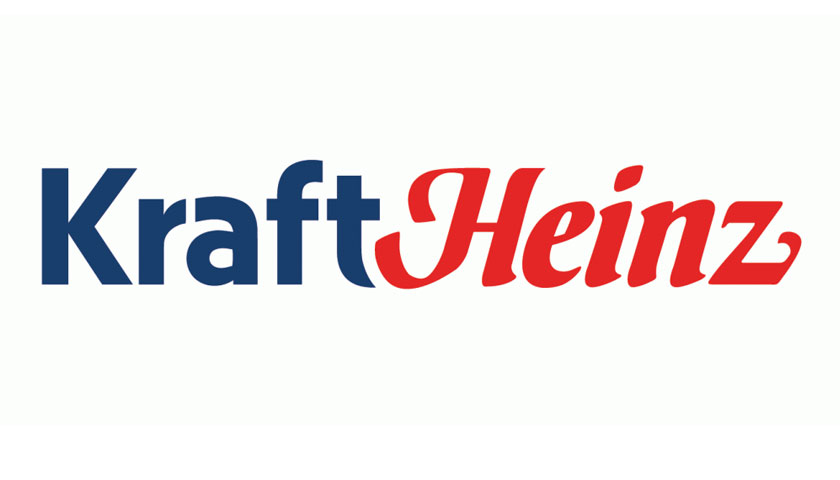Last month the Kraft Heinz Company announced a donation of over 700,000 meals to food pantries in 16 locations across the U.S. to help address food scarcity in honor of Hunger Action Month with the help of its longtime partner, Feeding America. The food and beverage company has donated over seven million pounds of food and excess inventory in 2021 alone to help foodbanks combat hunger nationwide.
“With September being Hunger Action Month, this effort emphasized our continued commitment to eradicating global hunger through both our ESG strategy and our work with Feeding America,” said Rashida La Lande, Global General Counsel and Head of ESG and Government Affairs for The Kraft Heinz Company. “Whether through product donations or volunteerism, our goal is to support the communities where our consumers and employees live, work and thrive.”
Though the foodservice industry faces its own challenges brought on by the pandemic, The Kraft Heinz Company has remained steadfast in its commitment to leveraging its inventory and resources to aid the millions of households in the U.S. facing hunger nationwide. The company is dedicated to alleviating hunger for years to come and recently expanded its ambition to provide 1.5 billion nutritious meals to people in need by 2025, building upon its original goal to deliver 1 billion nutritious meals by 2021.
“Our foodservice business has also seen changes in demand brought on by the pandemic, which can result in an excess of food supply,” said Peter Hall, President of Away from Home for The Kraft Heinz Company. “To avoid food waste, our team quickly pivoted to reallocate this product to local communities within the Feeding America foodbank network.”
Feeding America projects that due to the effects of the coronavirus pandemic, more than 42 million people, including a potential 13 million children, may experience food insecurity in 2021*.
As part of a longstanding relationship with Feeding America, The Kraft Heinz Company made donations to local food banks in both urban and rural communities across the U.S., including Chicago, El Paso (TX), Bridgeton (MO), Plano (TX), Columbia (MO), Albuquerque (NM), Oak Park (MI), South Salt Lake (UT), Sunnyside (NY), San Jose (CA), Gassaway (WV), Alexandria (LA), Sioux Falls (SD), Charleston (SC), Geneva (IL) and Nazareth (PA).
*Source: The Impact of the Coronavirus on National Food Insecurity in 2020 & 2021 (March 9, 2021)
